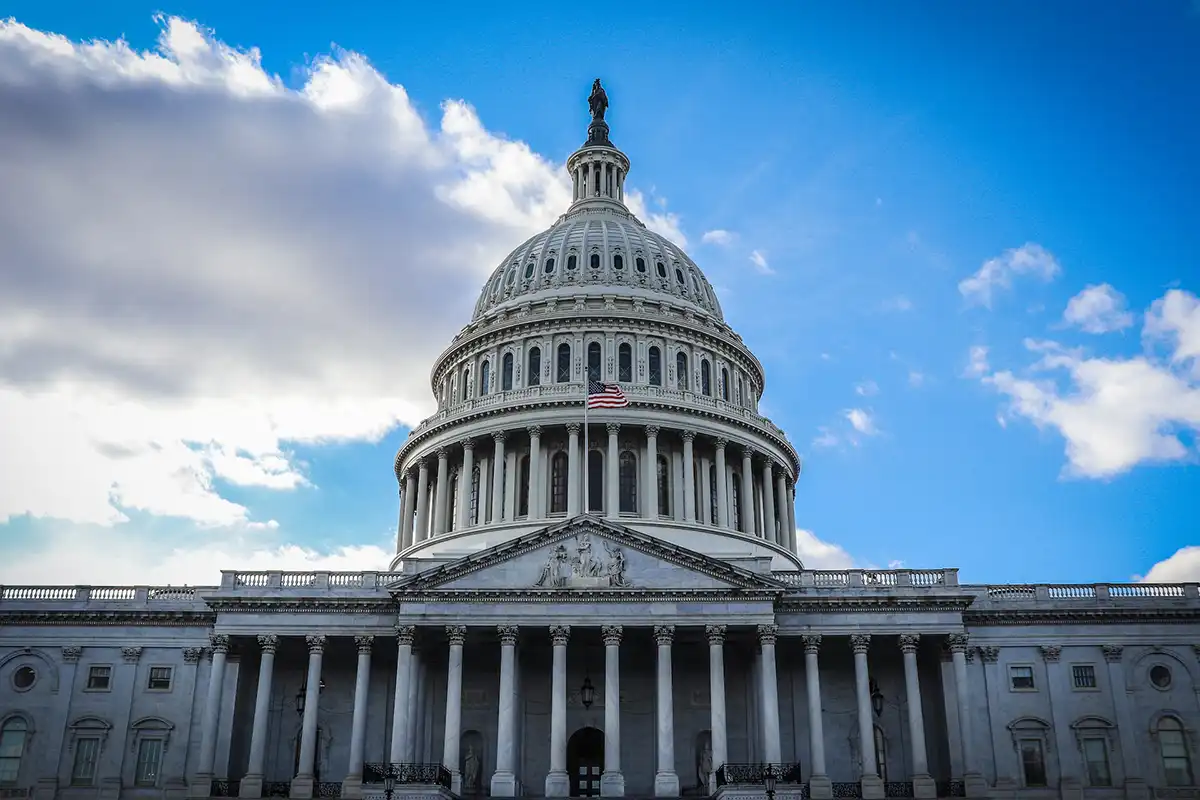
27 Feb 7 Facts Everyone Needs to Know about the First Amendment
The First Amendment is one of the most important parts of the United States Constitution as it was the first in a series of ten amendments making up our Bill of Rights. The Bill of Rights and the First Amendment in particular serves as a critical foundation for our republic. It protects our rights to free speech, press, religion, petition and assembly. With so much on the line, it’s important to know the facts about the First Amendment. Here are seven facts about the First Amendment that everyone should know:
1. It Was Adopted in 1791 as Part of the Bill of Rights
The First Amendment was adopted in 1791 as part of the Bill of Rights, the first ten amendments to the United States Constitution. This amendment held a special place for many of our founders who experienced direct persecution of these freedoms by their former government. The First Amendment was an effort to protect the people from government interference in matters of faith, expression, and opinion. The amendment states: “Congress shall make no law respecting an establishment of religion, or prohibiting the free exercise thereof; or abridging the freedom of speech, or of the press; or the right of the people peaceably to assemble, and to petition the government for a redress of grievances.”
2. It Protects Five Freedoms: Religion, Speech, Press, Assembly, and Petition
The First Amendment protects five very critical freedoms: religion, speech, press, assembly, and petition. The freedom of religion is guaranteed by prohibiting the government from establishing one national religion or prohibiting the free practice of any religion in which you believe. It also protects freedom of speech, freedom of the press, freedom of assembly and the freedom to petition by prohibiting the government from limiting or censoring these activities. This means that citizens are free to express their opinions, even if they are controversial or unpopular.
3. It Protects Citizens from Government Interference in Matters of Faith, Expression, and Opinion
The First Amendment expressly protects citizens from government restriction and intrusion on their faith, expression and opinion. United States citizens must be free to practice their religion, express their opinions, and publish their thoughts without fear of government retribution or restriction. The amendment also prohibits the government from establishing a national religion or limiting your ability to practice any religion.
4. It Does Not Protect Citizens from Private Censorship
The First Amendment does not limit the ability of private institutions to censor and restrict speech, only public institutions. Private actors such as employers, landlords, schools, and other organizations may choose to restrict the speech of their members, students and/or employees. These private entities are not required to follow the same standards of free speech as the government. They can censor and place restrictions on the content that can be shared or discussed within their organization with little to no recourse.
5. It Applies to Government Actors, Not Private Entities
There is often a misconception that First Amendment applies to speech by all entities, this however is not true. It only specifically limits those in government, specifically the Federal government, and does not apply directly to private entities. What this means is that the government must follow the standards of free speech outlined in the First Amendment, but private entities, such as businesses and organizations, are not legally obligated to follow the same standards. Private organizations may choose to restrict the speech of their members or employees, and they are not required to provide a platform for the expression of all views. However, it is not legal for governmental organizations to use private entities to restrict free speech. If a relationship such as this is used, the private entity becomes a proxy for the US Government and thus is required to uphold the standards of the first amendment.
6. It Does Not Protect Citizens from Being Sued for Defamation or Libel
The First Amendment does not provide carte blanche to go out and say whatever about whomever you please. There are still some restrictions as it does not protect citizens from being sued for defamation or libel. This means that if someone publishes false information about another person or organization, they can be held liable for any damages incurred as a result of that speech. In order to be protected by the First Amendment, the speech must be true or an opinion, and it must not be intended to incite violence or cause emotional distress.
7. It Does Not Protect Citizens from Criminal Prosecution for Inciting Violence or Making Terrorist Threats
The First Amendment, while broad in definition on purpose, does have some limitations. It does not protect citizens from criminal prosecution for inciting violence or making terrorist threats. Speech that leads directly to acts of violence are not protected, and this speech can result in criminal charges. Additionally, speech which incites immediate lawless action or encourages violence against a person or group is also not protected.
Conclusion
The First Amendment is one of the most important, if not the most important, amendments in the U.S. Constitution’s Bill of Rights. Being listed first indicates its importance to the founders of the country. It guarantees the rights to freedom of religion, speech, and the press, as well as the right to peaceably assemble and petition the government. Our founders recognized that these rights are essential to flourishing republic. These rights are protected for a reason and have been upheld by the Supreme Court on numerous occasions.
ASF Nation is an American values blog advocating liberty, freedom, equality, and personal responsibility. As Americans across the country stay more unified than ever, their values and beliefs are hard at work to prove the American dream. Learn more about our advocacy by shopping for Americana-style merchandise on our website today.
